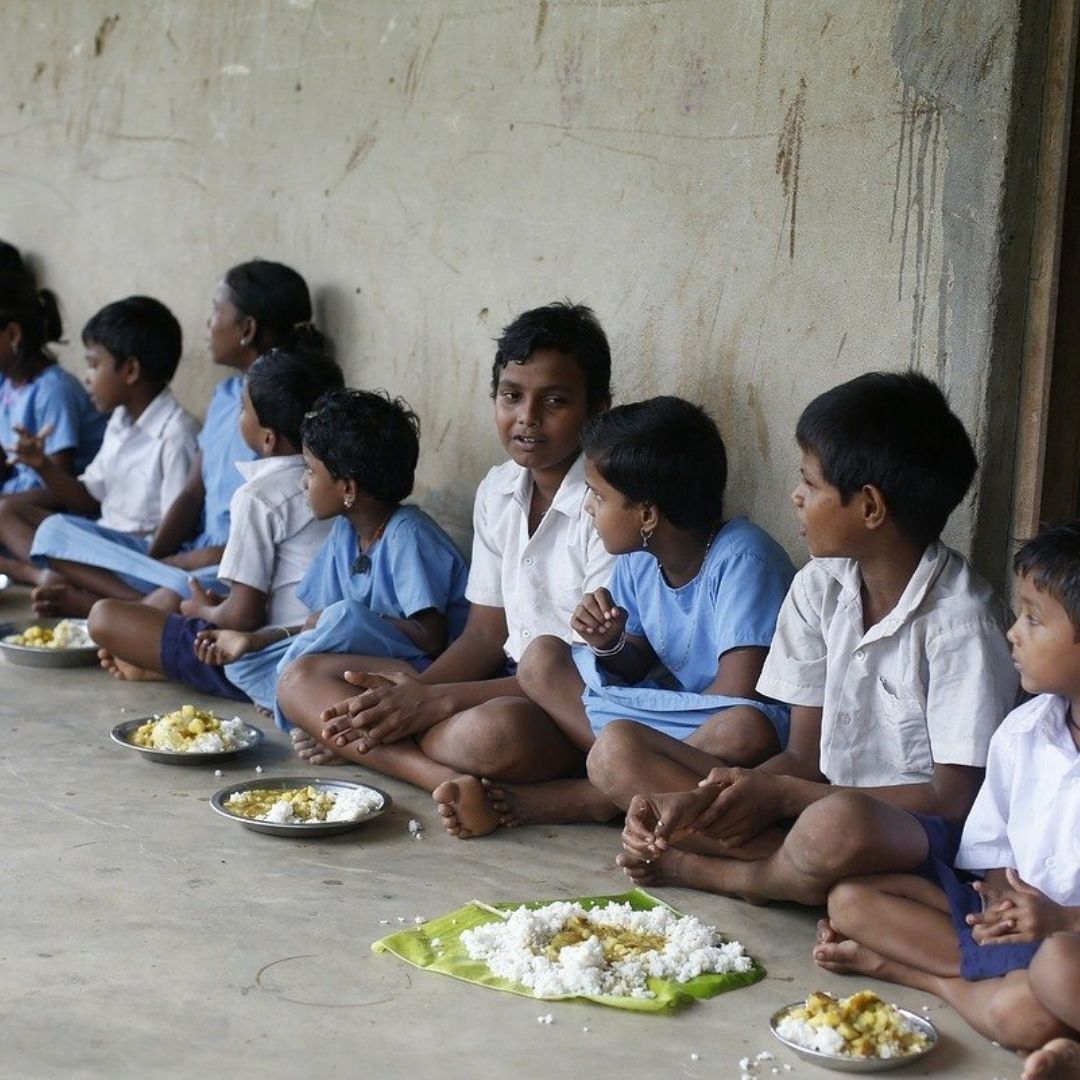
Image Credits: Pixabay (Representational)
A Bleak Future: What The Global Hunger Index Tells About India And Other Countries
Writer: Akanksha Saxena
I am a budding journalist who loves to write stories that have the ability to connect with people.
Others/World, 17 Oct 2021 11:01 AM GMT
Editor : Ankita Singh |
A literature lover who likes delving deeper into a wide range of societal issues and expresses her opinions about the same. Keeps looking for best-read recommendations while enjoying her coffee and tea.
Creatives : Akanksha Saxena
I am a budding journalist who loves to write stories that have the ability to connect with people.
From food security at risk to COVID-19, multiple factors around the world have hampered our fight against hunger that still remains a major issue in the 21st Century.
The Global Hunger Index caused a lot of stir recently. The survey looks into levels of hunger that exist around the world. In the present century, this still remains one of the massive problems that hampers the overall global development. As defined by the Food and Agricultural Organisation (FAO) of the United Nations, hunger is 'understood to refer to the distress associated with a lack of sufficient calories' that leads to food deprivation and malnutrition that has an adverse impact on an individual's growth.
Key Issues Causing Global Hunger
Even today, several communities globally do not have adequate food to eat. According to the index, the year 2020 saw a stark rise in the figures as 155 million people suffered from food insecurity. Around 30 million people were starved due to an acute lack of necessary resources. Global Food security took a hit in countries living through violent conflicts such as Afghanistan, Syria, Yemen, Somalia, South Sudan, the Democratic Republic of Congo, etc.
On top of that, the world is still reeling from COVID-19. The global pandemic brought about a devastating case of recession in the last 100 years that resulted in many going into abject poverty. Whatever progress that was made in the years preceding the last, all of it was drastically reversed with the coronavirus' onset. The world may have hit to reset button again in order to get back on track.
Other issues that cause hunger are food wastage and excess production as well. The Food Waste Index 2021 painted a bleak picture as it estimated 931 million tonnes of food that was wasted globally.
India And The World: How They Fared?
This year's index had a lot of upsets in store. Starting at home, India fell down six spots from 94 to 101 in the list. What makes it a spot of bother is that the country found itself below its neighbours, Pakistan (92), Nepal and Bangladesh (76). China was the only Asian country that found itself in the top five as its index score fell lower than 5, making it stand out from the rest.
Belarus, Bosnia and Herzegovina and Brazil were three countries that took the top three spots in the list. Other countries that featured in the first ten include Latvia, Kuwait, Chile, Croatia, Cuba and Estonia. Countries like Syria, South Sudan, Afghanistan, etc, fared the worst due to the violent and ongoing conflict in the countries impacting the food security as several families went hungry.
What The Future Holds?
Individually, the countries had ups and downs in the index. While some of them improved, some are still struggling to keep food insecurity at bay. It has become increasingly difficult to do so, especially in the past year due to the pandemic.
Even with some countries going up the order, there is still a long way to go in order to completely eradicate hunger. India's central government has been dismissive of the rankings, criticising the methodology used. However, the numbers say for themselves as we still fall in the 'serious' category that will be detrimental for us in the near future. The country's households contribute to the global food wastage as each house wastes 50 kg of food every year.
The UN Food Programme's 'Hunger Map' states that 957 million people across 93 countries are going hungry at the moment. One of the main reasons for this are the effects brought on by Climate Change and Global Warming. Man-made processes have made it difficult for the earth to breath, the impact of which has been immense on food systems as well.
Therefore, governments around the world have to join hands and fight this. Newer solutions are the need of the hour to work around this as we come together and regroup in the post-pandemic era.
Also Read: World Food Day: Indian Households Waste 50 Kg Food Every Year Per Person, Says UNEP Report
 All section
All section














